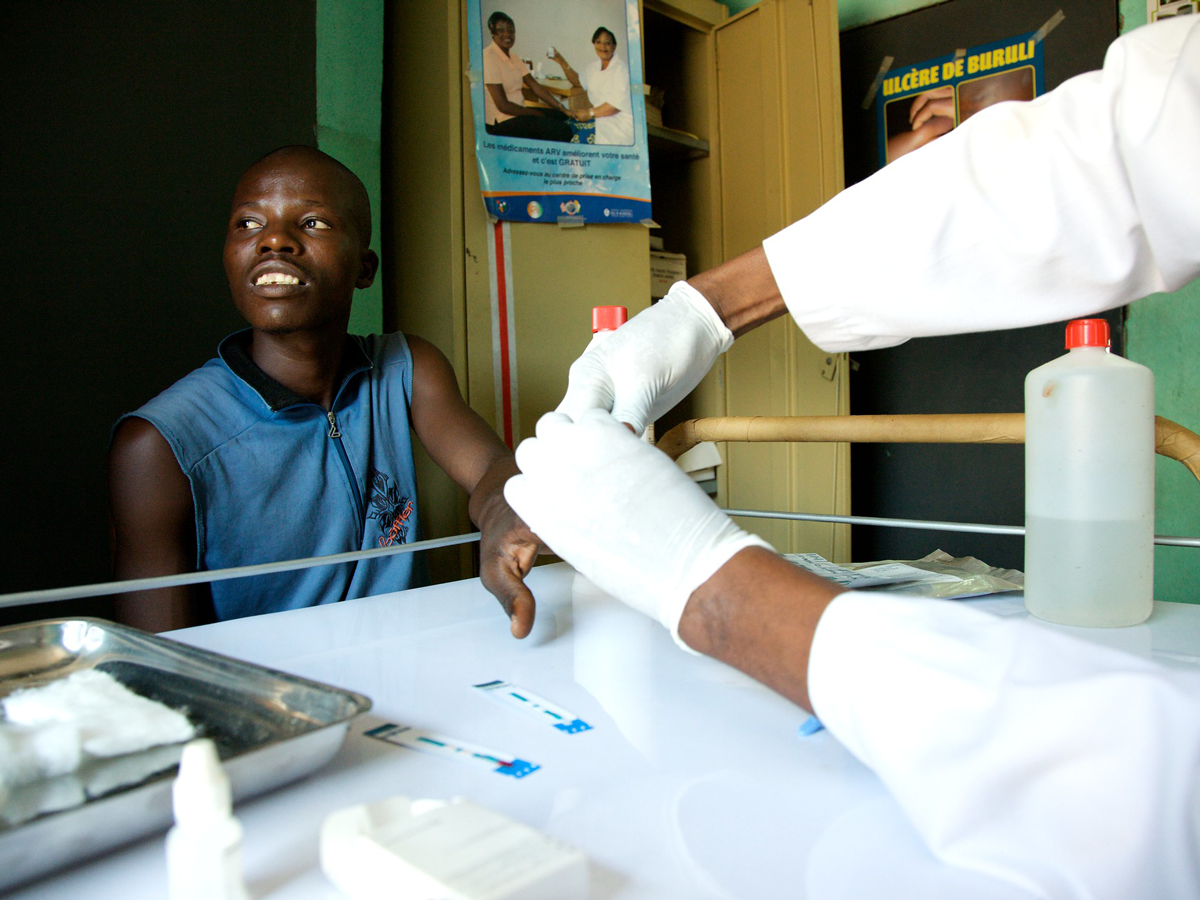Kassa, G., Dougherty, G., Madevu-Matson, C., Egesimba, G., Sartie, K., Akinjeji, A., Tamba, F., Gleason, B., Toure, M., & Rabkin, M. (2020).
PloS one, 15(7), e0236358. https://doi.org/10.1371/journal.pone.0236358
Abstract
Background/setting: Only 47% of HIV-positive Sierra Leoneans knew their status in 2017, making expanded HIV testing a priority. National guidelines endorse provider-initiated HIV testing and counselling (PITC) to increase testing coverage, but PITC is rarely provided in Sierra Leone. In response, a Quality Improvement Collaborative (QIC) was implemented to improve PITC coverage amongst adult inpatients.
Methods: Ten hospitals received the intervention between October 2017 and August 2018; there were no control facilites. Each hospital aimed to improve PITC coverage to ≥ 95% of eligible patients. Staff received training on PITC and QIC methods and a package of PITC best practices and tools. They then worked to identify additional contextually-appropriate interventions, conducted rapid tests of change, and tracked performance using shared indicators and time-series data. Supportive supervision bolstered QI skills, and quarterly meetings enabled diffusion of innovations while spurring friendly competition.
Results: Baseline PITC coverage was 4%. The hospital teams tested diverse interventions using QI methods, including staff training; data review meetings; enhanced workflow processes and supervision; and patient education and sensitization activities Nine hospitals reached and sustained the 95% target, and all saw rapid and durable improvement, which was sustained for a median of six months. Of the 5,238 patients tested for HIV, 311 (6%) were found to be HIV-positive and were referred for treatment. HIV rapid test kit stockouts occurred during the project period, limiting PITC services in some cases.
Conclusions: The intervention led to swift and sustained improvement in inpatient PITC coverage and to the diagnosis of hundreds of people living with HIV. Sierra Leone’s Ministry of Health and Sanitation plans to take the initiative to national scale, with close attention to the issue of test kit stockouts.









